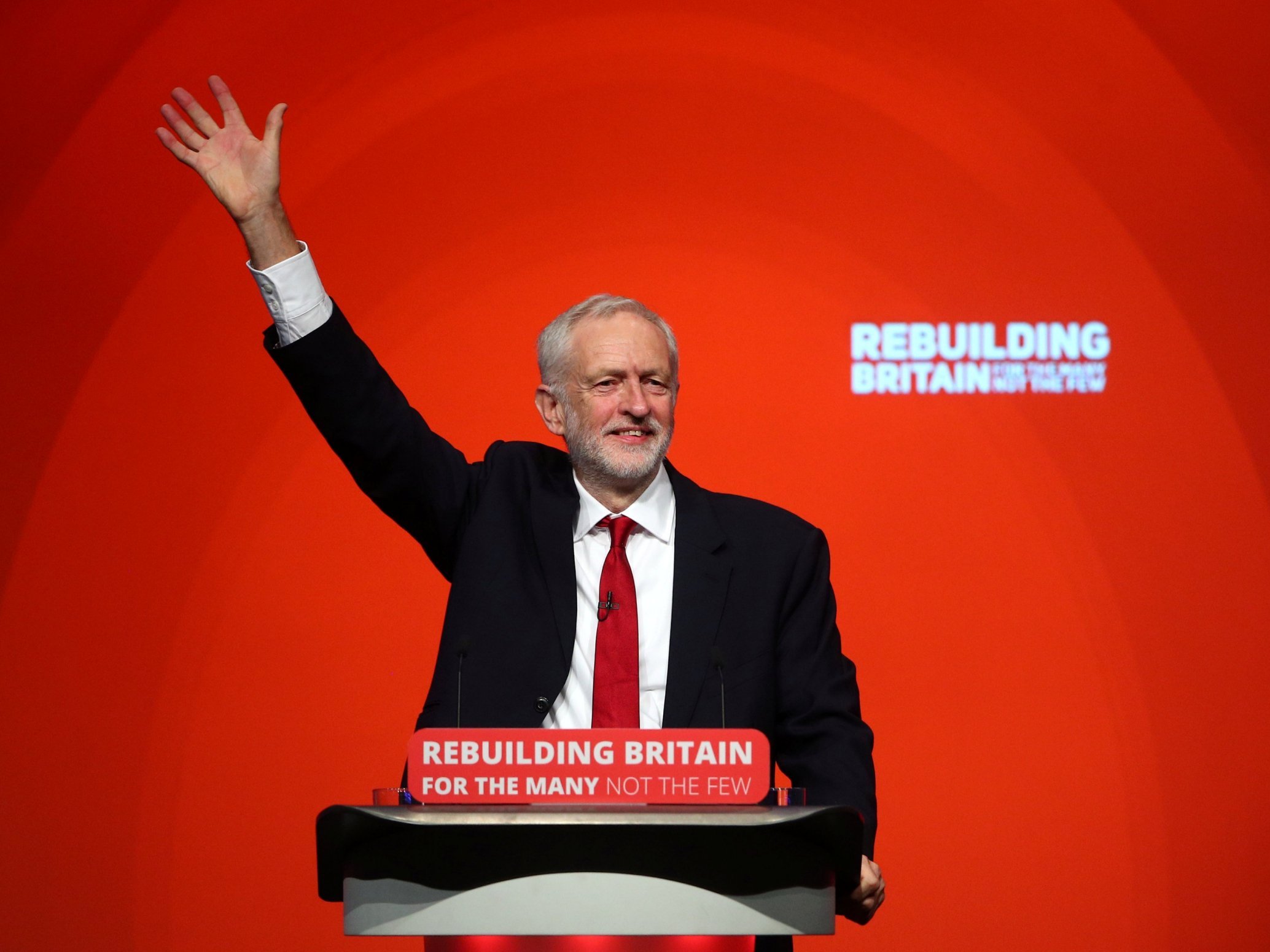After a difficult summer for the Labour Party, the 2018 conference was the perfect time to take stock of the past year’s successes and failures, and showing the country what Labour plans to do next. Thousands descended on Liverpool’s Albert Dock from the 22nd to the 26th September, following internal Labour Party elections, which were a resounding success for Corbynite candidates.
Thankfully, overt factionalism, which has so often plagued the Labour Party, was not the theme of Conference 2018. Instead, it was dominated, like so much of this year, by Brexit. Constituency Labour Party and trade union delegates voted for Brexit to be one of the main topics of debate alongside Windrush, Palestine, housing, education, the economy, in-work poverty, and government contracts.
Shadow Secretary of State for exiting the European Union, Keir Starmer, unveiled Labour’s new proposal: Theresa May should put her Brexit deal to a parliamentary vote. If the vote was lost by the government, a general election would be held. If said general election was won by the Labour Party, Labour would then propose a people’s vote on the final Brexit deal. Crucially, Starmer stressed that this does not rule out an option to remain in the EU. The proposal appeared to be overwhelmingly supported by members on the conference floor. This news was welcome to many who had felt that Labour had lacked a straightforward position on Brexit.
We will always stand with those who are being oppressed. pic.twitter.com/AKN4z8aRRS
— Jeremy Corbyn (@jeremycorbyn) September 28, 2018
The debate on Palestine was always going to be contentious, following a summer of controversy surrounding issues of anti-Semitism within the Labour Party. Emily Thornberry and Jeremy Corbyn explicitly condemned the actions of the undisputedly anti-Semitic elements that exist on the left. There was an emotive display of solidarity with Palestine, and fantastic speakers, such as Open Labour’s Steve Lapsley, demonstrating how easy it was to condemn the actions of the Israeli government and fight anti-Semitism at the same time.
The Shadow Chancellor, John McDonnell, received a standing ovation for his radical economic proposals. He claimed that ‘the game is up’, for tax-avoiding businesses in the United Kingdom, and pledged that the Labour Party would give more power to the workers by introducing ‘inclusive ownership funds’. He voiced Labour’s intention to give shares in large companies to their workers, and to allocate more seats on company boards specifically to ordinary workers.
Angela Rayner, Shadow Education Secretary, also brought the house down with her proposals to reform education. These included co-operative schools, cementing Labour’s support for free higher and further education and, crucially, an end to forced academisation, and a return to local authority control of education. This appeared to coincide with similar frustrations many speakers had vented on conference floor over the course of the week.
Labour emerged from their 2018 conference a much more united front, with clear and coherent radical policies on key issues. It will be interesting to see whether they will have the chance to put them into practice before 2019’s conference.
Elinor James, Co-Chair of Leeds Labour Students
They are the question, but do you think Twitter? Are the Tories truly #UnfitToGovern? #Lab18 #LabourConference
The Tories are…
— Reverend Paulie (@Paulieplayspop) September 24, 2018
Following a summer of discontent, Labour emerges from its annual conference intact, putting the main focus on their domestic agenda rather than confronting the Brexit-shaped elephant in the room.
Labour is putting Mcdonnell’s new ‘Ownership Funds Plan’ to the centre of their platform. This would give workers a non-tradable 10% share in their companies and control over one-third of the board. It builds on Corbyn’s promise that renationalised industries would be run by their workers, rather than returning to the bureaucratic model where the Prime Minister appoints industry heads. Labour is modernising by embracing workplace democracy.
Some good news for students: Rebecca Long-Bailey’s five-point plan to save the British high street includes free inner-city bus travel for the under-25s, as well as plans to scrap ATM charges and expand the rollout of free wifi in city centres across the UK.
Shadow Cabinet Secretary Kate Osamor was amongst those discussing the future of Labour’s drug policy. Advocates for change argued that current policy criminalises the mentally ill and gifts oppressive gangs the market. It drew comparisons to 1930s American prohibition, which gave the Mafia control over the alcohol market. It showed a clear departure from the days when no MP dared attend these fringe events.
That being said – the membership, the same members who twice overwhelmingly voted for Corbyn – have now backed a pledge to keep a second Brexit referendum on the table, against the wishes of the party leadership. Labour may have avoided a damaging Brexit split at this year’s conference, but the membership and the leadership remain divided over what to do next.
George Mueller-Waite
Image: [Independent]

